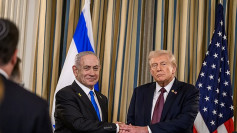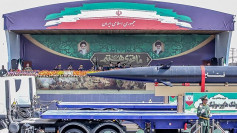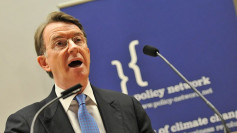King Charles III will retire the royal train by 2027, ending a 156-year tradition as part of a broader campaign to reduce royal expenditures and modernize the monarchy's operations. Buckingham Palace announced the decision Monday alongside the release of the Royal Household's annual financial report, which disclosed the royal family will receive £86.3 million ($118 million) in taxpayer funds for the fourth consecutive year.
"The time has come to bid the fondest of farewells," said James Chalmers, the Keeper of the Privy Purse, in a statement. "We seek to be disciplined and forward-looking in our allocation of funding."
The nine-carriage Royal Train-fitted with sleeping quarters, a dining area, and an office-has become increasingly expensive to maintain and would require substantial investment to operate beyond 2027 under new rail standards. The last notable journeys included a February visit to Staffordshire that cost £44,822 ($61,800), and a trip to Bentley's headquarters in Cheshire costing more than £33,000 ($45,700).
The train's decommissioning comes as Buckingham Palace also shifts more royal travel to helicopters, which were used over 140 times last year at an average cost of £3,370 ($4,600) per flight.
The Sovereign Grant, which provides public funds for official royal duties and palace maintenance, remains fixed at £86.3 million through March 2026. This includes a £51.8 million core operating budget and £34.5 million earmarked for the ongoing refurbishment of Buckingham Palace.
Palace officials noted that inflation has diminished the real value of the grant, which would have reached £106 million if adjusted for rising costs. Additional income of £21.5 million came from royal tours and tourism, including record visitor numbers at Buckingham Palace and special events in the newly restored East Wing.
The Sovereign Grant is funded by 12% of the net revenue of the Crown Estate, a collection of land and assets managed on behalf of the nation. In exchange, the monarchy returns all Crown Estate profits to the government-a system that began in 1760 under King George III.
Over the past year, members of the royal family conducted 1,900 public engagements at home and abroad, with more than 93,000 guests attending 828 official events. King Charles also represented the U.K. at international gatherings, including the Commonwealth Heads of Government Meeting in Samoa, and participated in commemorations for D-Day and V-E Day.
The monarchy's finances remain a subject of public scrutiny. Republican groups have argued that the royal funding formula unfairly inflates the household budget. "The grant system is mad," said Graham Smith of Republic. "It's time that half a billion pounds was put to good use... and for that cost to be slashed to just a few million pounds."
Chalmers defended the institution's value as a symbol of British soft power. "Its value is, I believe, now firmly understood at home and abroad," he said.
In line with sustainability goals, the royal household has pledged to increase use of sustainable aviation fuel and to electrify its vehicle fleet. Two Bentley limousines used by the king are expected to be converted to run on biofuel.






